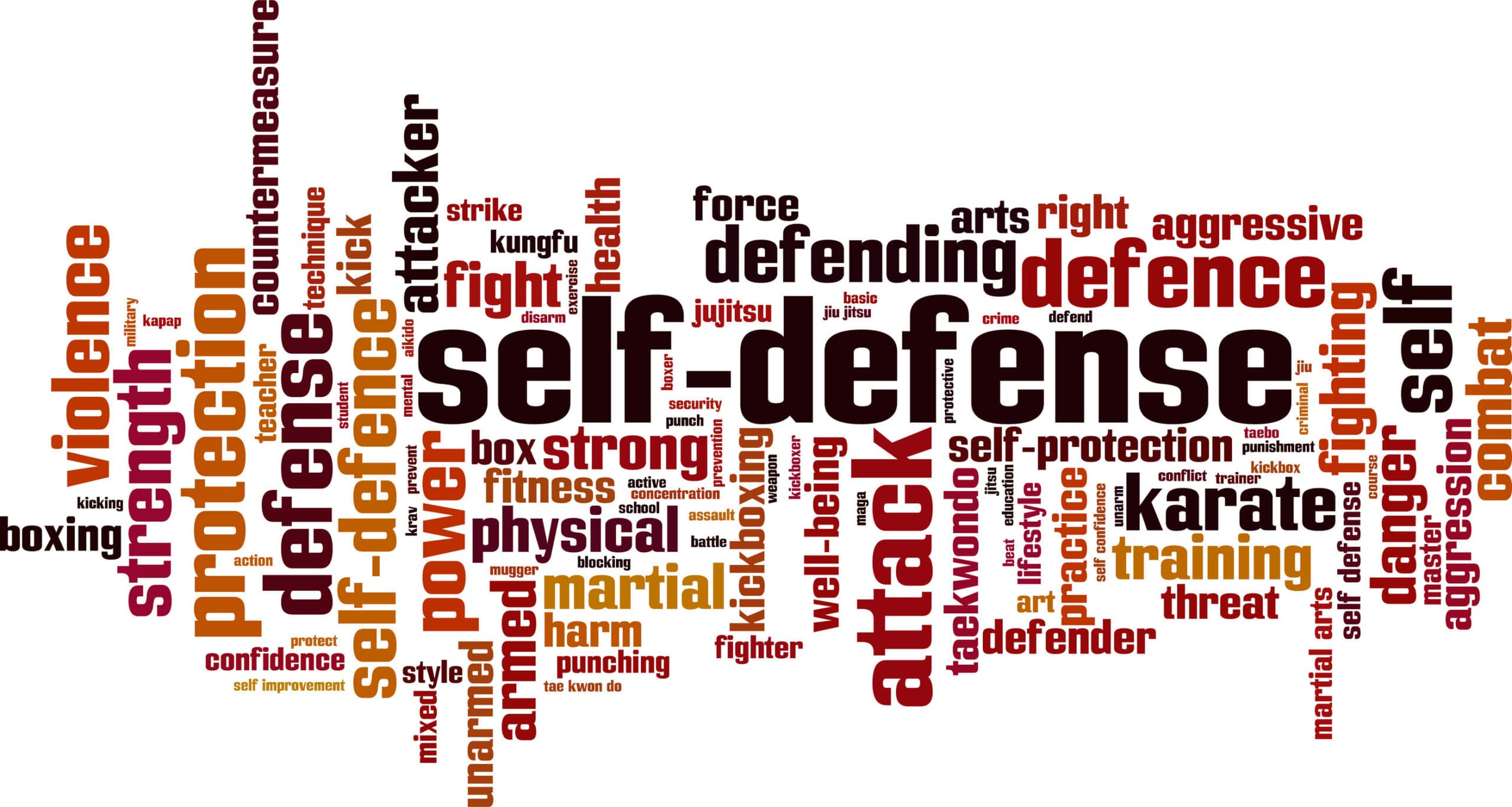Domestic violence is an all too common occurrence across the country, North Carolina included.
According to the North Carolina Coalition Against Domestic Violence, about 20 people per minute are physically abused by a partner. Over the course of just one year, that adds up to over 10 million incidents.
With such shocking statistics, it’s not uncommon for a survivor to be accused of killing their abusive partner. In those cases, the individual and those who advocate for them may see it clearly as a case of self-defense – but what does the law in North Carolina say about that? Read on to find out.
Self Defense Laws in North Carolina
Each state has self-defense laws that are created to help establish circumstances under which a person may be forced to defend themselves by force. In North Carolina, you do not need to retreat from an attacker before employing force against them if you feel your life is being threatened.
The only rules are that a person must be lawfully in a place at the time the force is used and that they must reasonably believe that it’s necessary to use deadly force to protect themselves or others. That means a defendant could be at work, at home, in a vehicle, or any other place they are lawfully allowed to be.
What NC Says about the Amount of Force You Can Use
In our state, you are legally allowed to use reasonable force if you feel it’s necessary to defend yourself against the unlawful force of someone else. You are even allowed to use deadly force if you felt that you had reason to believe you were under threat of severe bodily harm or death.
However, you cannot use force to defend yourself if you are the initial aggressor in the situation. It can also get tricky legally if the attacker has the right to be in the home, place of work, or vehicle as well.
In North Carolina, Self-Defense Is An Affirmative Defense
Our state defines self-defense as an affirmative defense. That means that the accused must admit they attacked or caused harm to another person but believe they were justified in doing so. In order for this to be an effective defense, the defendant must not have:
- Been the aggressor
- Continued to pursue the person after they retreated
- Used unreasonable force
- Intended to kill the other person, only defend themselves
Because of this, self-defense — even in cases of domestic violence — can be a tricky defense to prove in court. This is where an experienced attorney can really help.
Claiming Self-Defense in North Carolina
A claim of self-defense is complicated since these types of cases are very fact-specific. The tiniest detail can make a big difference in the outcome of the case, even if it’s clear that someone acted in self-defense due to a history of abuse. That’s why, if you’re arrested for the killing of an abusive partner, you should take the right to remain silent and consult an attorney before making any statements that could potentially damage your chances of beating the charges against you.
The point? Domestic violence is a crime that can become very complex — especially when the use of deadly force is brought into the equation. That’s why all of this information is important to know if you or someone you love ever finds themselves charged with homicide after killing an abusive partner.









